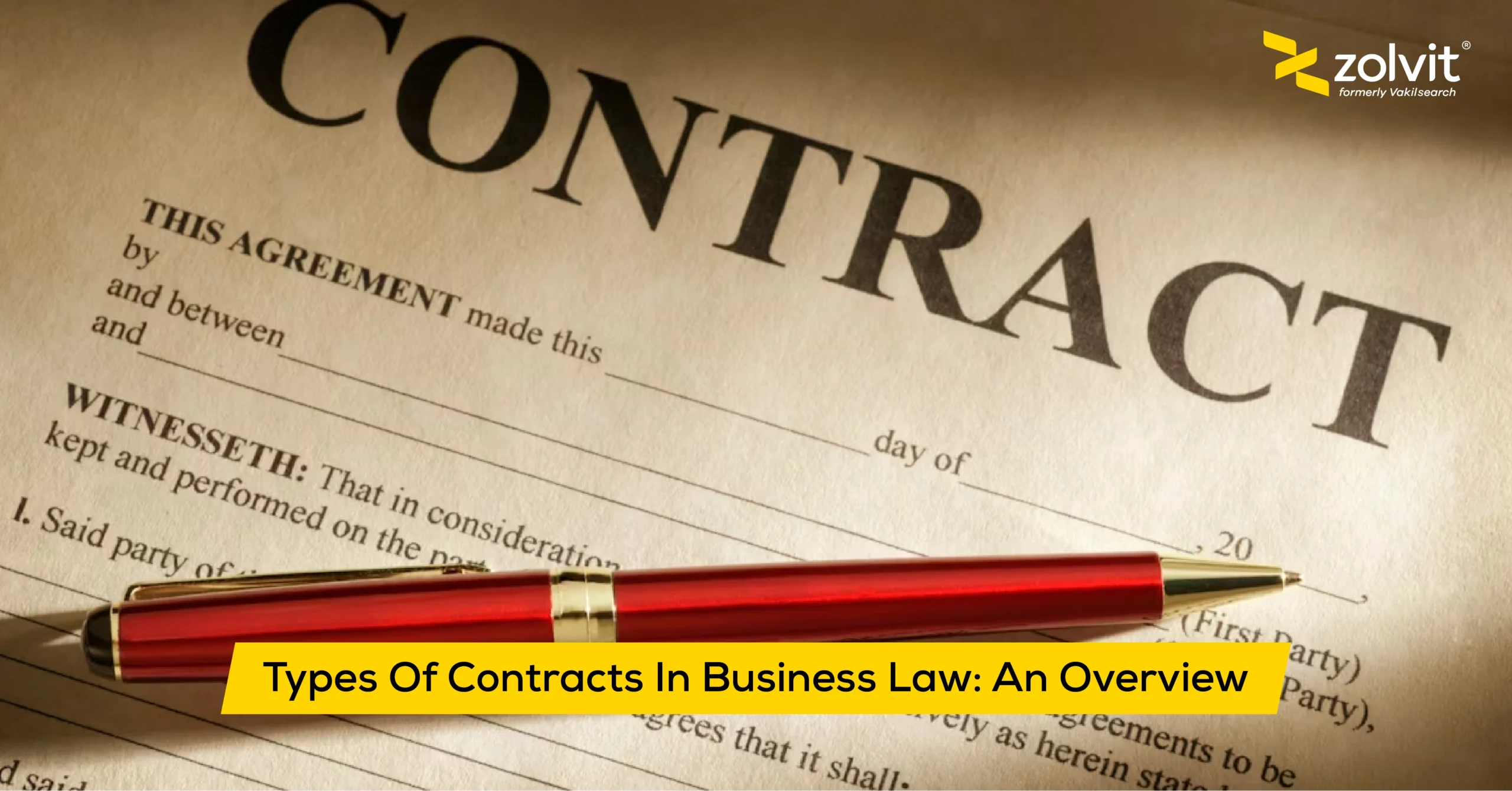Dealing with licensing agreements involves a variety of specific legal services in which you have to make sure your intellectual rights are protected and the agreement is legally approved. Legal experts provide start-to-finish support through drafting and negotiation, compliance maintenance monitoring, or dispute resolution with respect to your particular licensing requirements. Here are fifteen legal services for licensing agreements:
Definition of Terms
The territory, term, and field of use that the licensing agreement will relate to and how much in terms of royalty rates Both should have a good definition to avoid future debates, and this will also let them know the limits of what is being licensed. Lawyers can help include these clauses to protect interests, establish just and mandatory royalty structures, and align with business plans.
Quality Control
Quality control clauses guarantee that the licensee properly maintains certain standards in how it uses the intellectual property. This is especially true with trademarks and brands, as the licensor wants to be sure that their mark is not sullied in any way. Lawyers enforce quality control measures and where the breach is should be addressed.
Breach of Contract
If either party does not comply with the licensing agreement, there is a breach of contract. These can include sanctions regarding what would happen if the agreement were breached and remedies for combating those breaches. An invaluable asset to legal professionals on breaches, be they negotiated or mediated settlements further by the application of a proceeding in court.
Indemnification
Indemnity clauses are there in order to absolve one party of liability or potential losses caused by the other. Licence agreements require this type of clause for risk management related to the use of intellectual property. Lawyers meticulously draft these clauses to make sure no unforeseen liabilities slip through the cracks.
Mediation
In mediation, a neutral third party helps the disputing parties negotiate with each other to work out an agreement that is mutually acceptable. The process is voluntary, confidential, and non-binding. Mediation is the amicable resolution of conflicts, and it happens so that the legal advisors often suggest mediations.
Arbitration
Arbitration is a mandatory procedure for the resolution of disputes under which the parties undertake to refer their dispute to one or more arbitrators who make the final and binding decision. Because arbitration is less formal than traditional litigation, it can also be faster and more flexible, depending on the complexity of the case. As with arbitration, lawyers help guide the mediation process and ensure that their clients receive fair treatment.
Litigation
Litigation: Legal and Formal Court Proceedings to Address Licensing Agreement Disputes That leads to filing lawsuits, trudging out forensic proof, and securing court orders. While costly and complicated litigation provides the final major answer, Lawyers play a crucial role in representing clients and creating opportunities for positive results.
Disputing Breach Claims
A defendant may challenge a breach claim by saying that no such thing happened, or if it did, the details of their contract were not broken. It includes offering specifics and having an expert testify to prove adherence to the licensing agreement. Lawyers are necessary in creating defences, attacking allegations, and presenting expert proof to help defend our way of life.
Injunctions
A court order that demands the offending party stop performing acts that breach the licensing agreement. There are two types of injunctions: temporary and permanent, based on the assessment that it is right in this regard. Lawyers play an important role in obtaining and defending injunctions to protect the rights of parties doing business.
Compensation for damages
In case a breach of the licensing is suffered, licensors are entitled to monetary compensation for damages caused. Potential damages involve lost royalties, reasonable royalties, and other types of financial injury rendered by the breach. These attorneys crunch the numbers and fight for fair recourse on behalf of their clients.
Judicial Orders
Remedies that judges can hand down are the range of sanctions a court may grant to enforce licensing agreement provisions, including orders for specific performance, injunctive relief or other remedies designed to prevent further injury. These orders have to be sought and enforced by lawyers in order to make sure there is compliance with the licensing agreement.







